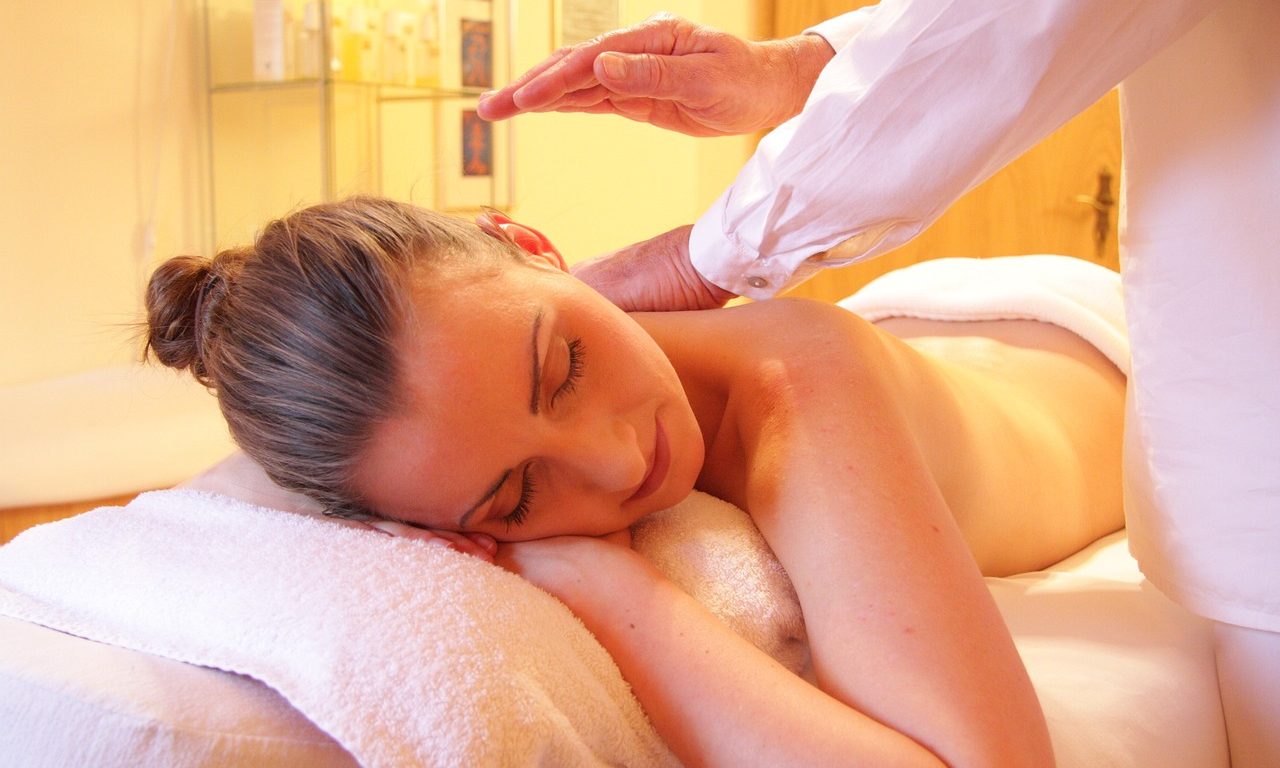In 2005, Reader, et. al., conducted the study about Massage therapy which has emerged as a potential complementary treatment for individuals undergoing alcohol detoxification, offering promising results as an adjunct to conventional methods. While its comprehensive effects have yet to be extensively studied, a recent randomized controlled trial sought to investigate the impact of massage therapy on patients undergoing alcohol withdrawal.
This study Conducted in a hospital-based alcohol and drug detoxification clinic, this study employed a randomized controlled trial design. The participants consisted of fifty individuals with alcohol dependence (41 males, 9 females), who were randomly assigned to either the massage therapy group or the control group receiving rest.
The massage therapy intervention consisted of a seated session targeting the back, shoulders, head, and neck of the participants. This approach aimed to address physical tension commonly associated with alcohol withdrawal.
To evaluate the effectiveness of massage therapy, the researchers measured several outcome variables. These included the Alcohol Withdrawal Scale, which assesses the severity of withdrawal symptoms, as well as respiration, pulse rate, and subjective evaluations provided by the patients themselves.
The findings of the study indicated that individuals receiving massage therapy displayed notable reductions in pulse rate on three out of the four days of treatment, when compared to the control group. Furthermore, massage therapy was observed to be more effective in reducing Alcohol Withdrawal Scale scores during the early stages of the detoxification process. Towards the end of the detoxification admission, the massage group also exhibited reduced respiration rates.
Based on the results of this study, massage therapy demonstrates promise as a complementary approach to traditional medical detoxification for individuals with alcohol dependence. The findings suggest that massage therapy may contribute to the management of alcohol withdrawal by reducing physiological indicators such as pulse rate and respiration, as well as alleviating the severity of withdrawal symptoms as measured by the Alcohol Withdrawal Scale.
While further comprehensive investigations are warranted, these initial findings support the potential integration of massage therapy into standard alcohol detoxification procedures. By incorporating this non-invasive and accessible intervention, healthcare professionals may enhance the overall well-being and treatment outcomes of individuals undergoing alcohol withdrawal.
Reference: Reader, M., Young, R., & Connor, J. P. (2005). Massage therapy improves the management of alcohol withdrawal syndrome. Journal of Alternative & Complementary Medicine, 11(2), 311-313.
